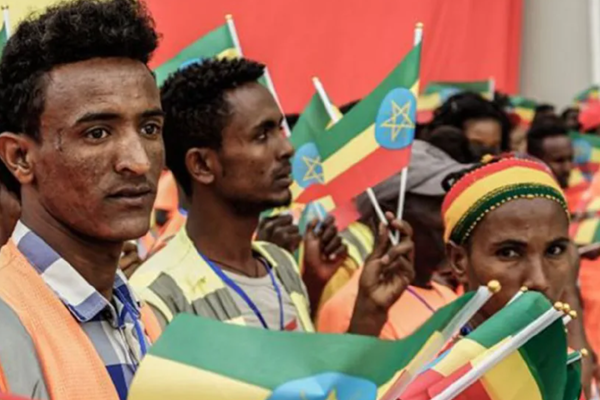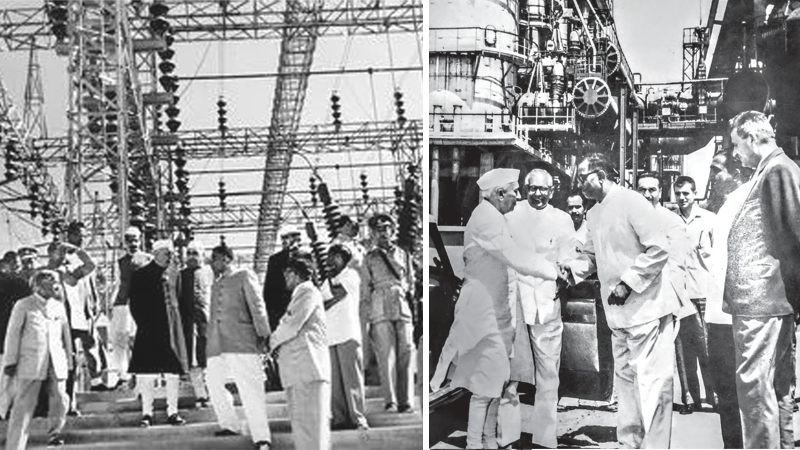Counting Castes, Counting Controversies: Supreme Court, the Census and the OBC Question
Editorial
Politics on Pause: Can Technocrats Rescue Gaza’s Governance?
The decision by major Palestinian factions, including Hamas, to hand over Gaza’s administration to an independent technocratic body marks a rare and momentous development in the region’s fractured politics. After nearly two decades of Hamas rule and years of political paralysis, this move signals an acknowledgment that governance and public welfare must transcend partisan and ideological divides.
The proposed technocratic committee — tasked with managing basic services and daily life in coordination with Arab and international partners — reflects both exhaustion and realism. Gaza’s prolonged isolation, devastation from recurrent conflicts, and humanitarian collapse have made it clear that political gridlock only deepens despair. A non-political administrative body could, at least in principle, pave the way for stability, reconstruction, and an eventual path to unity.
Yet, the road ahead is fraught with uncertainty. The announcement leaves crucial questions unanswered: Who will choose these technocrats? How will their authority be recognised by rival factions and by Israel? And can governance truly be separated from the deeply entrenched political and security structures that dominate Gaza?
Moreover, unless this experiment is supported by genuine international engagement, reconstruction aid, and credible oversight, the technocratic model risks being reduced to a symbolic gesture — a temporary truce in a long and bitter struggle.
Still, the development offers a sliver of hope. If managed with transparency and supported by a shared Palestinian vision under the PLO framework, Gaza could witness the first step toward a governance system grounded in service, not factionalism. In a land weary of politics and conflict, even a modest success by technocrats could restore something that has long been missing — the ordinary dignity of daily life.
Reviving Karpoori Thakur’s Legacy: Dr. Anil Jaihind’s Call for Social Justice
As political parties seek to appropriate the legacy of Jan Nayak Karpoori Thakur, Dr. Anil Jaihind, Chairman of the AICC OBC Cell, has sharply reminded the nation of the true meaning of Thakur’s politics — empowerment of the marginalized and resistance to caste-based domination. In a detailed statement, Dr. Jaihind exposed the irony of the BJP invoking Karpoori Thakur’s name while its ideological ancestors had fiercely opposed his landmark 1978 reservation policy for backward classes.
Dr. Jaihind recalled that when Karpoori Thakur introduced a 26% reservation for OBCs in Bihar, the Jan Sangh faction of the Janata Party, led by Kailashpati Mishra — then Finance Minister in Thakur’s cabinet — resisted it tooth and nail. The Jan Sangh, ideologically aligned with the RSS and backed by upper-caste interests, led a bitter campaign against the policy. Mishra’s followers, according to several accounts, raised casteist slogans and even mobilized violent protests against the government’s affirmative action for the underprivileged.
This internal rebellion within the Janata coalition culminated in the withdrawal of support to Thakur, forcing his resignation in April 1979. Dr. Jaihind underlined this historical betrayal as proof that the current attempts by the BJP to project itself as a champion of ati pichhda (extremely backward) communities are politically opportunistic rather than ideological.
For Dr. Jaihind, the real tribute to Karpoori Thakur lies in the Congress’s Ten-Point Ati Pichhda Sankalp Patra, which seeks to ensure representation, dignity, and equitable opportunity for all backward sections. He emphasized that Thakur’s vision was rooted in social harmony and justice — not tokenism.
By invoking this forgotten chapter of Bihar’s political history, Dr. Jaihind aims to awaken the conscience of the electorate. His message is clear: those who once mocked and destroyed Karpoori Thakur’s pro-OBC policies cannot today claim to uphold his ideals. To truly honor Jan Nayak, India must renew its commitment to inclusion and equality — the principles for which Karpoori Thakur lived, and for which leaders like Dr. Anil Jaihind continue to struggle.


 SAS Kirmani
SAS Kirmani















